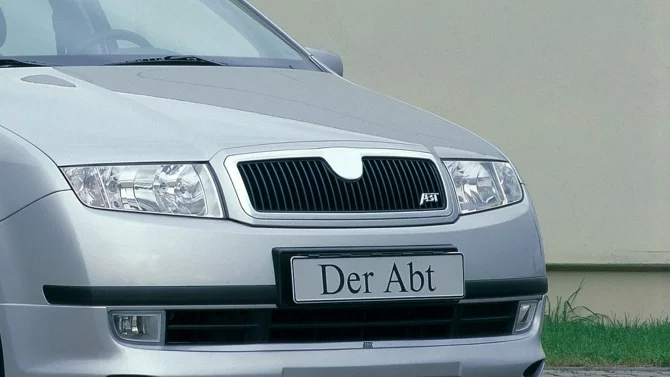...
By Ingrid Melander and Axel Bugge
BRUSSELS, June 22 (Reuters) - German Chancellor Angela Merkel sought on Friday to persuade Poland to compromise over a new treaty to reform the European Union after Warsaw dug in its heels to demand a change in the voting system.
Arriving for the second day of a crucial summit of the 27-nation bloc, Merkel said there were still problems and she would seek solutions in private meetings with leaders of the countries with most problems -- Poland, Britain, the Czech Republic and the Netherlands.
"We're working hard, the problems are not yet solved but everyone is trying," Merkel told reporters.
Polish President Lech Kaczynski said midnight talks with Merkel and French President Nicolas Sarkozy after the first day of the summit were "very difficult", making clear his concerns over the proposed EU voting system had not been appeased.
"Unfortunately I cannot say I am an optimist but it is my duty as a member of the European Council to carry on with talks and we will carry on with talks," he told reporters on leaving the summit centre at 1.30 a.m. (2330 GMT).
The proposed reform of complex EU decision-making structures is needed for further enlargement of the bloc, which has expanded from 15 to 27 member states. The aim is to provide clearer leadership, a stronger voice for the EU on the world stage and more say for European and national parliaments.
Kaczynski "froze the debate" by ruling out any compromise on the planned re-weighting of voting powers, Czech Prime Minister Mirek Topolanek told reporters. Britain also caused problems, saying it was not ready to back down over its "red lines".
That made other leaders sceptical of prospects for a deal on Friday to launch negotiations on a treaty replacing the EU constitution rejected by French and Dutch voters in 2005.
Asked if he was confident of an agreement, Swedish Prime Minister Fredrik Reinfeldt told reporters: "No, I am not sure."
RISK OF FAILURE
But Topolanek, whose government is often sceptical of the EU, said on arrival: "I have high expectations."
A spokesman for Sarkozy said he had made a proposal to the Poles and Merkel based on the so-called Ioannina Compromise, giving states just short of a blocking minority an emergency brake to postpone decisions and force more negotiations.
Failure would deepen divisions in the Union. It could prompt a small group of states to press ahead with closer integration, leaving others behind, and make richer west European countries more reluctant to aid poorer newcomers.
Prospects for a deal after years of wrangling over the division of power between Brussels and member states seemed to grow this week after Poland softened its opposition.
Nearly all other EU states favour the "double majority" voting formula requiring 55 percent of member states representing 65 percent of the EU population to pass decisions.
Warsaw has waged a fierce campaign against the German proposals, at times referring to its suffering under Nazi occupation during World War Two.
British Prime Minister Tony Blair, the other leader who could scupper a deal, has said Britain will sign up to a treaty only if its demands were met. But other leaders said he struck a conciliatory tone at his final EU summit.
Britain does not want to be legally bound by a Charter of Fundamental Rights, which includes a broadly defined right to strike. It also wants to shrink the powers of a proposed EU foreign minister, seeks an opt-out from EU justice cooperation and opposes obligatory social security payments to migrants.
Eighteen EU nations ratified the constitutional treaty, but there is broad agreement to cut it significantly to allow France, the Netherlands and Britain to avoid referendums their governments might lose.
Some key institutional arrangements are set to be kept, such as creating a president of the European Council of governments elected for 2-1/2 years instead of the current six-month rotating presidency which has grown unwieldy in the enlarged EU.
Keywords: EU TREATY




 „Elektrická mobilita je budoucnost, o tom není pochyb. Každý, kdo tvrdí opak, poškozuje náš průmysl.“ A proto přijdou plošné evropské dotace
„Elektrická mobilita je budoucnost, o tom není pochyb. Každý, kdo tvrdí opak, poškozuje náš průmysl.“ A proto přijdou plošné evropské dotace
 Našli jsme deset absolutně neznámých automobilů současnosti. Dokážete uhodnout alespoň polovinu?
Našli jsme deset absolutně neznámých automobilů současnosti. Dokážete uhodnout alespoň polovinu?
 Dvě i čtyři doby, tři a čtyři válce: Saab 96 se stal vozem pro individualisty, a to i v Československu
Dvě i čtyři doby, tři a čtyři válce: Saab 96 se stal vozem pro individualisty, a to i v Československu
 Elektromobil jako ojetinu nikdo nechce. Velký český autobazar skončil s jejich nákupem i prodejem
Elektromobil jako ojetinu nikdo nechce. Velký český autobazar skončil s jejich nákupem i prodejem
 Youtubeři zkoušeli, jestli nastartují Tatru 138 odstavenou osmnáct let. Výsledek nikoho nepřekvapí
Youtubeři zkoušeli, jestli nastartují Tatru 138 odstavenou osmnáct let. Výsledek nikoho nepřekvapí
